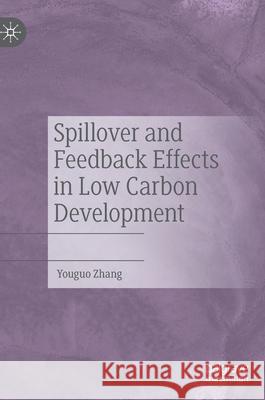Spillover and Feedback Effects in Low Carbon Development » książka
topmenu
Spillover and Feedback Effects in Low Carbon Development
ISBN-13: 9789811649707 / Angielski / Twarda / 2021 / 452 str.
Spillover and Feedback Effects in Low Carbon Development
ISBN-13: 9789811649707 / Angielski / Twarda / 2021 / 452 str.
cena 441,75
(netto: 420,71 VAT: 5%)
Najniższa cena z 30 dni: 424,07
(netto: 420,71 VAT: 5%)
Najniższa cena z 30 dni: 424,07
Termin realizacji zamówienia:
ok. 22 dni roboczych.
ok. 22 dni roboczych.
Darmowa dostawa!
Kategorie:
Kategorie BISAC:
Wydawca:
Palgrave MacMillan
Język:
Angielski
ISBN-13:
9789811649707
Rok wydania:
2021
Wydanie:
2021
Ilość stron:
452
Waga:
0.73 kg
Wymiary:
21.01 x 14.81 x 2.87
Oprawa:
Twarda
Wolumenów:
01
Dodatkowe informacje:
Wydanie ilustrowane











